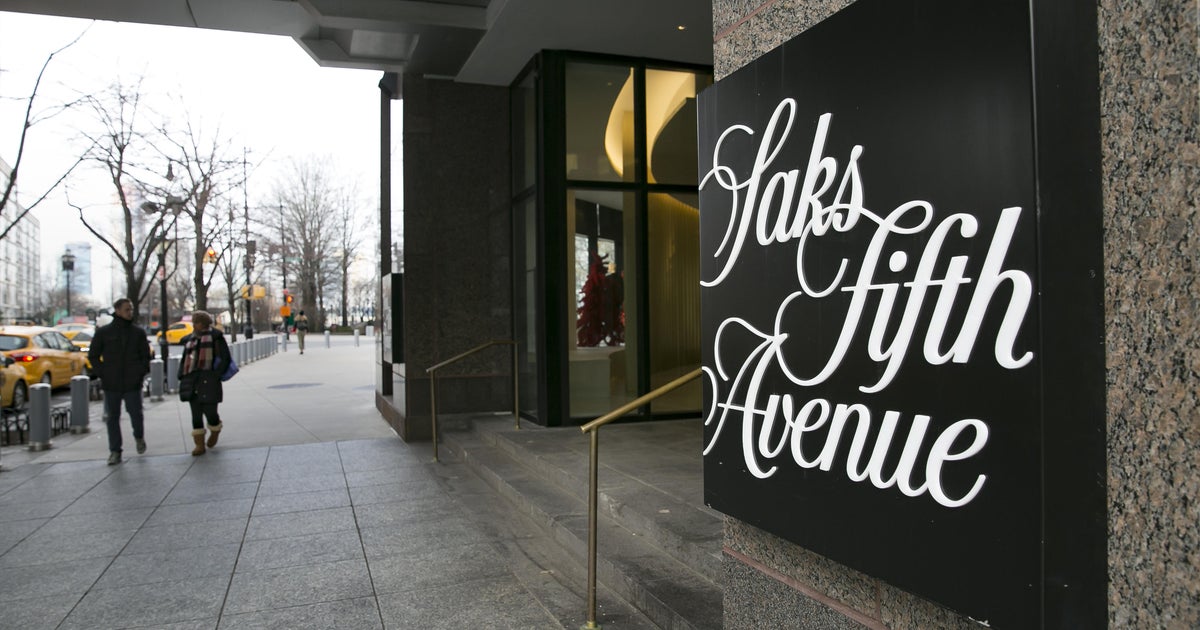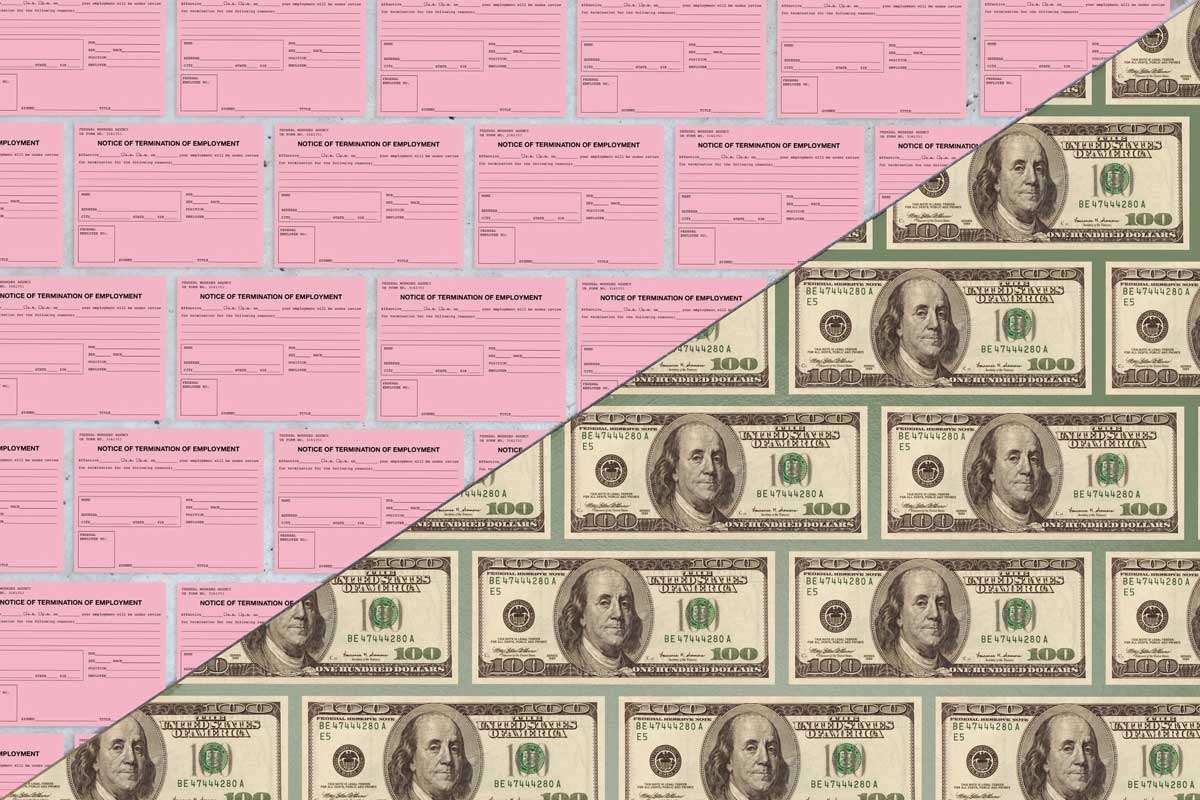Best Buy is the most impersonated company by scammers, FTC says
If someone reaches out purporting to be a member of Geek Squad's tech support team, they could be an imposter trying to take your money.
Electronics retailer Best Buy and its Geek Squad tech help arm was the most impersonated brand in 2023, according to a new report from the Federal Trade Commission (FTC). Amazon and PayPal were the second and third most frequently impersonated companies, the agency said. Scammers dupe customers through multiple channels, including phone, email and social media, swindling them out of more than $1 billion a year.
In 2023, consumers submitted roughly 52,000 complaints about scammers pretending to be representatives from Best Buy or Geek Squad, according to the FTC. One way they contacted consumers was through email. "For example, phony Geek Squad emails tell you that a computer service you never signed up for is about to renew – to the tune of several hundred dollars," the FTC said in a statement last week.
In all, consumers reported losing $15 million to Best Buy and Geek Squad-related scams in 2023.
"Our customers' safety is incredibly important to us. While scams are becoming increasingly sophisticated, we have a team of experts and a number of resources dedicated to help prevent fraud and educate consumers, including how to spot warning signs and protect themselves," Best Buy said in a statement to CBS MoneyWatch.
Best Buy also urged customers to report suspected scams by calling the company's support line.
While the greatest number of complaints were related to Best Buy and Geek Squad, customers lost even more money to scammers impersonating Microsoft and Publishers Clearing House.
They reported losing a combined $109 million to Microsoft and Publishers Clearing House-related scams, according to the FTC.
Scammers also commonly impersonated Amazon, PayPal, NortonLifeLock, Apple, Comcast Xfinity, Bank of America and Wells Fargo.
Consumers said they were most often targeted by email and phone, but that they also received a number of phony online shopping solicitations on social media platforms, including Facebook and Instagram.
Avoiding scams
The FTC offered these tips for consumers to protect their wallets against scammers.
- Stop and think before you pay someone you don't know, especially if they're creating a false sense of urgency. "Anyone who's rushing you into sending money, buying gift cards, or investing in cryptocurrency is almost certainly a scammer," the FTC states on its website.
- Don't click on links in unexpected messages, and don't trust caller ID. Instead, contact the company through contact information available on its website.
- Legitimate businesses will never demand payment through gift card, cryptocurrency, money transfer or a payment app. Be wary of anyone who demands payment in these forms.





